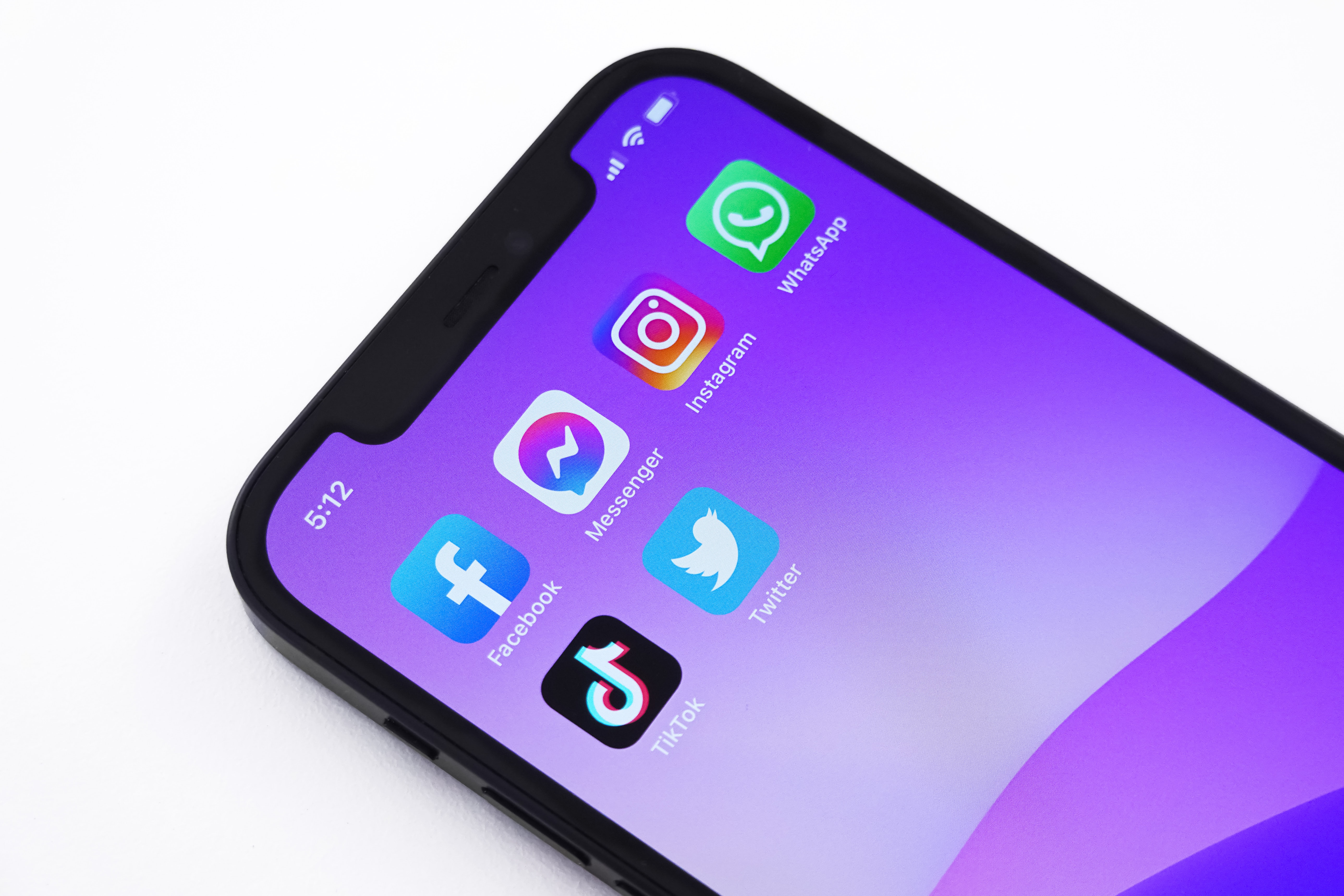
At this point in the information age, it feels almost impossible to keep up with protecting your privacy. Every time you enter a new website you are bombarded with messages asking you to accept their cookies. It feels like you should be aware of what your data is being used for, but it is way too much effort to stay on top of who has access to your data. It seems like every other week there is a new data breach in a giant tech company anyways, so why should you even care?
Why should you even care in the first place?
Usually, the first question that people tend to ask about this subject is “I don’t have anything to hide, why should I care about privacy?”. This seems like a harmless question but that cannot be further from the truth. Everyone has something to hide, even when you do not realize it. Imagine that everyone in the world knows that you like fishing and that you are looking for the best fishing rod to buy. Wouldn’t it be annoying if suddenly every single seller of fishing equipment came to your doorstep to try and sell their merchandise? It does not seem that bad because you might be getting a good deal out of it, but isn’t it concerning that all these sellers now know your home address?
In essence, this concept is also happening on the internet but way more discrete. Instead of fishing, it can be anything else that is of interest to you, and instead of your home address the sellers now know your IP address. This is a very concrete example, but it is not only for retailers interesting to know where their audience resides. You can imagine that political organizations are also able to take advantage of this information to manipulate you. For better or worse. But considering that it is you versus a large organization that handles your data there is a bigger question to ask. Is it even possible to keep your data privacy intact?
Throughout the world there are many different regulations in place to protect the privacy of individuals. Europeans are very fortunate to have the very strict General Data Protection Regulation, but not all regions in the world have these strict regulations. These kinds of regulations make sure that organizations follow very specific rules on how they should handle the data of the users. If an organization does not follow these rules, they can get a hefty fine, or their websites can get taken down.
Do these regulations solve anything?
Having a set of regulations is a great start, but we do need to be critical of its efficacy. In 2018, the European nonprofit None Of Your Business filed 5 complaints towards Google and Facebook. Of these 5 complaints, 1 has been partly decided upon and the rest of them have been dormant ever since. Aside from the fact that this process is taking 4 years by now, it is also costing the Irish Data Protection Commission a lot of money to keep working on this case. This is a big waste of European tax money. This should not be happening, but it is logical for companies of this size to take cooperation with these complaints very easy. It might cost less money to keep a couple of employees slowly busy with these cases rather than the hefty fines that may come with data privacy infringements.
While there are some cases where the complaints can take a long time to get through, there are still many cases where the regulations are enforced. There have been thousands of cases where organizations were punished or provided with guidance to how user’s data should be handled. Even the Dutch ministry of finance was fined for infringing data privacy laws.
What can I do to protect my privacy?
If you are a daily user of the internet, there is simply no way to guarantee complete data privacy. In this age there are too many variables to consider while browsing the web to keep your personal data to yourself. Yet, there are ways to maximize your privacy. You can opt out of data tracking whenever you can, make sure that all your software is up to date and use a password manager to improve data security. These are all ways to keep the data that is on the internet safe. But, sharing less of your personal information online is simply the most effective way to keep your data private. Keeping personal information to yourself is sometimes a forgotten practice but is still important.
These are practical approaches in your day-to-day life to improve your privacy, but raising awareness is also very important. As I also mentioned in a blog post before, education about our digital lives is getting more important by the day. We can improve our data privacy individually all we want, but technology is getting too complicated to deal with on our own. Therefore, we must make sure that digital literacy moves up in the political agenda. By doing this we can make sure that enough resources are being allocated to this matter.



Last week I bought an online ticket for an event and had to provide all my personal information (everything was a requirement). I was bothered by this requirement but still just went ahead with buying because I wanted to go, even though I felt like my privacy was taken away. Have you ever experienced something similiar?
After reading this article I realised that out of convenience I do not protect myself enough on the internet. I think the tips you gave are very useful, thank you.
I try my best to make sure that my privacy is kept in place passively by rejecting trackers and deleting old accounts if needed, but honestly I usually just put in my information if I really need or want something from a website. But if it is not really necessary to use the website, I usually look for alternatives that provide the same products or services